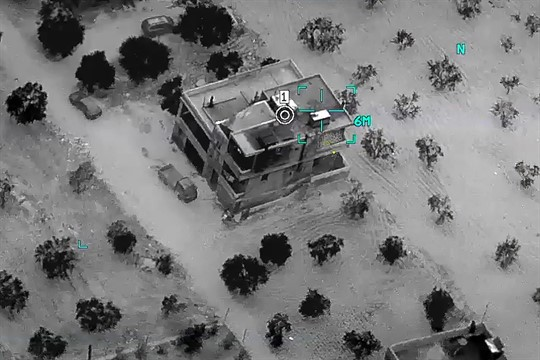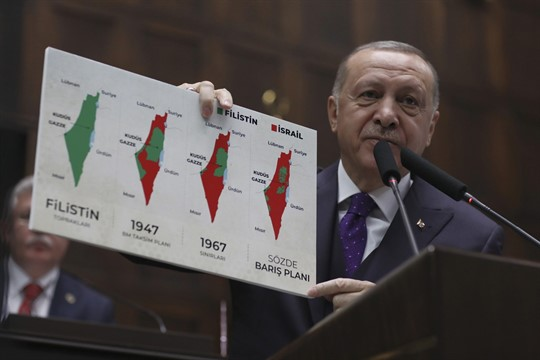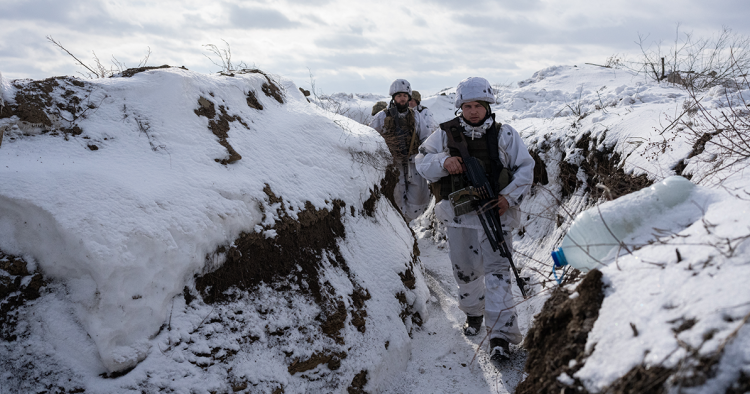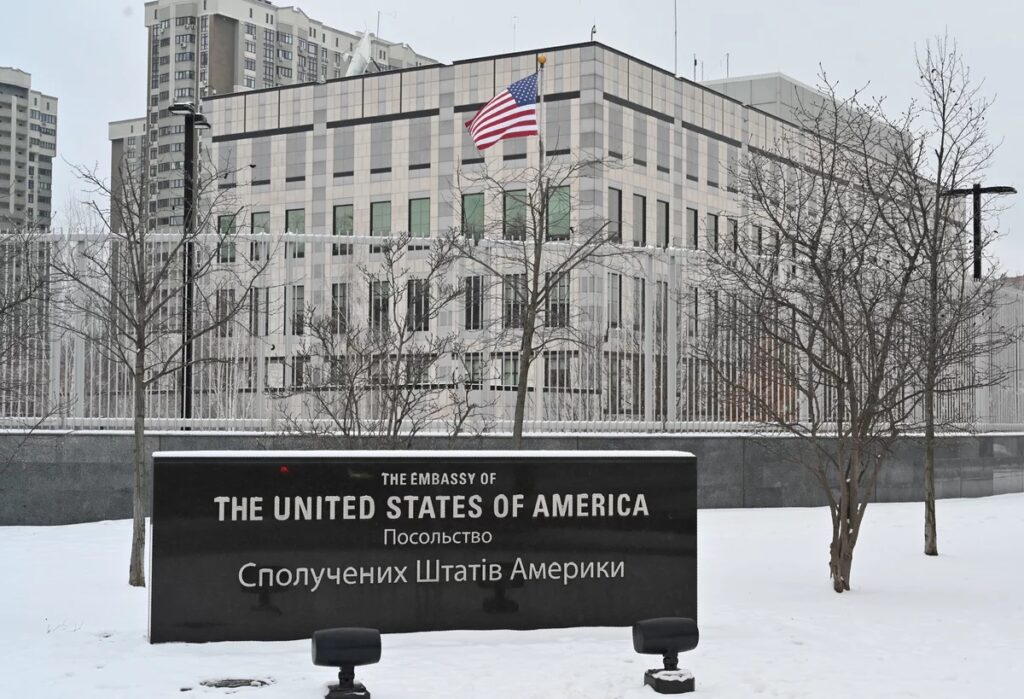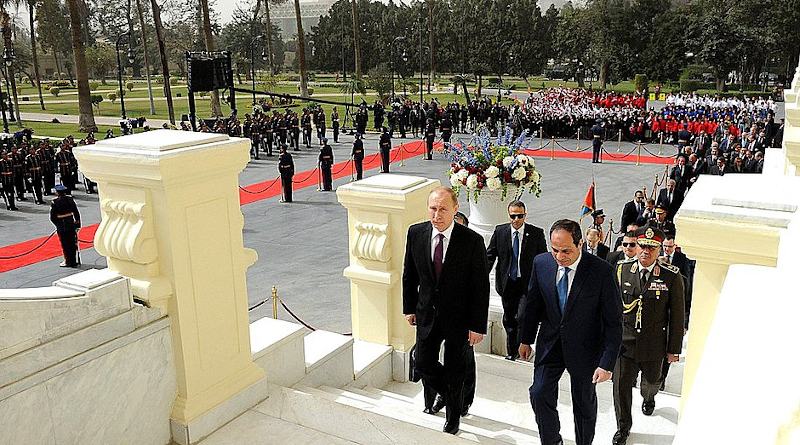Macron’s Moscow Visit Fails to Break the Stalemate Over Ukraine
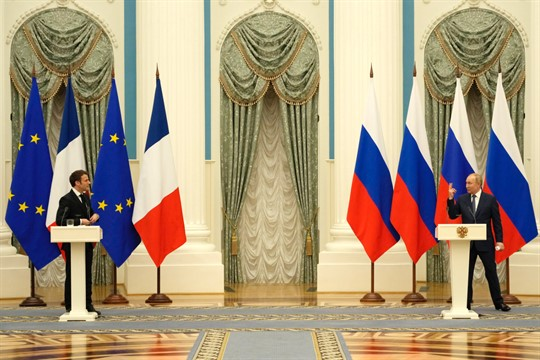
British Prime Minister Boris Johnson is in Brussels today for a meeting with NATO Secretary-General Jens Stoltenberg about the ongoing crisis in Ukraine. Their meeting follows a busy diplomatic week full of high-level meetings aimed at preventing the outbreak of war near the European Union’s borders. But with the week drawing to a close, it remains to be seen how much closer to a peaceful resolution of the crisis the parties have come.

